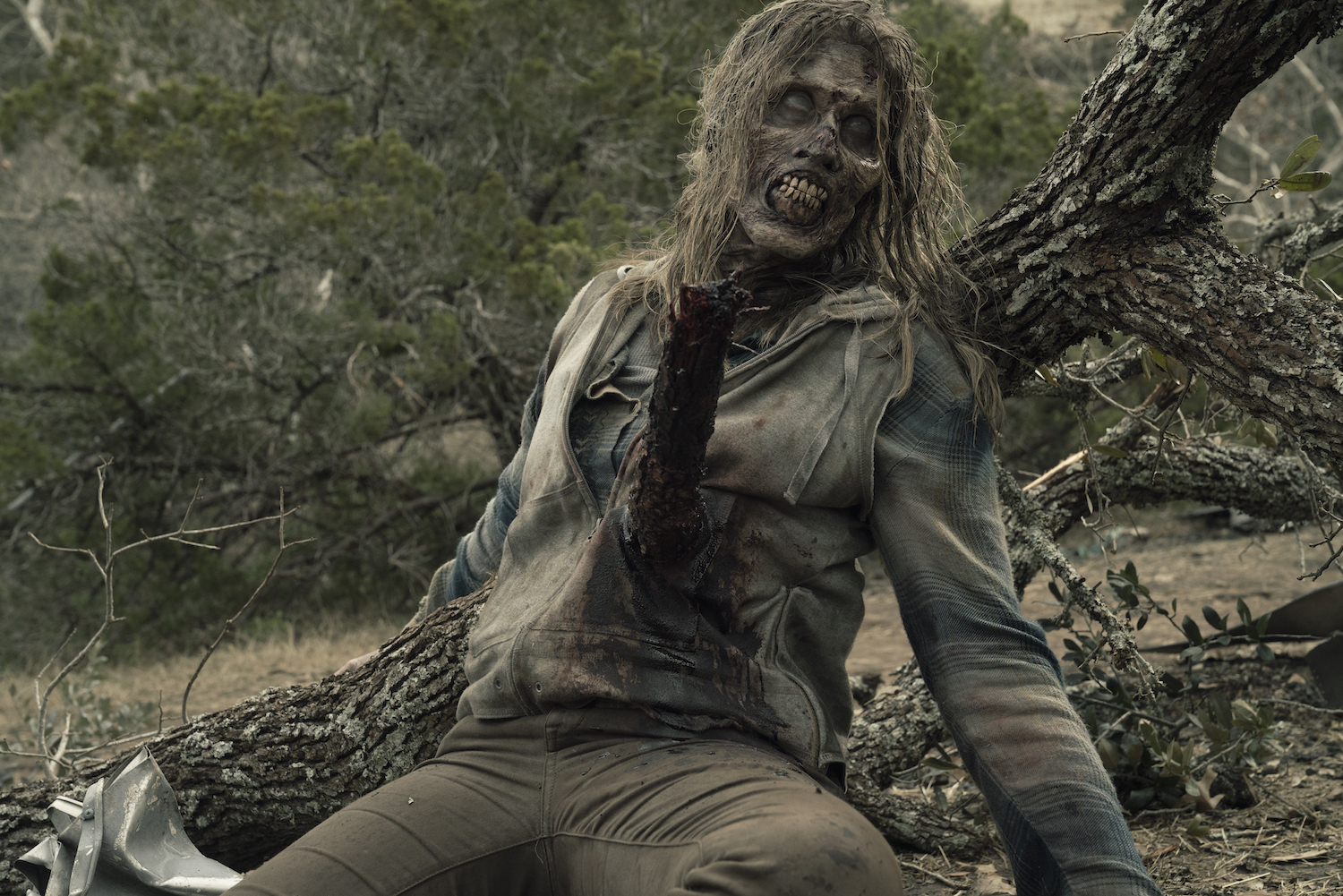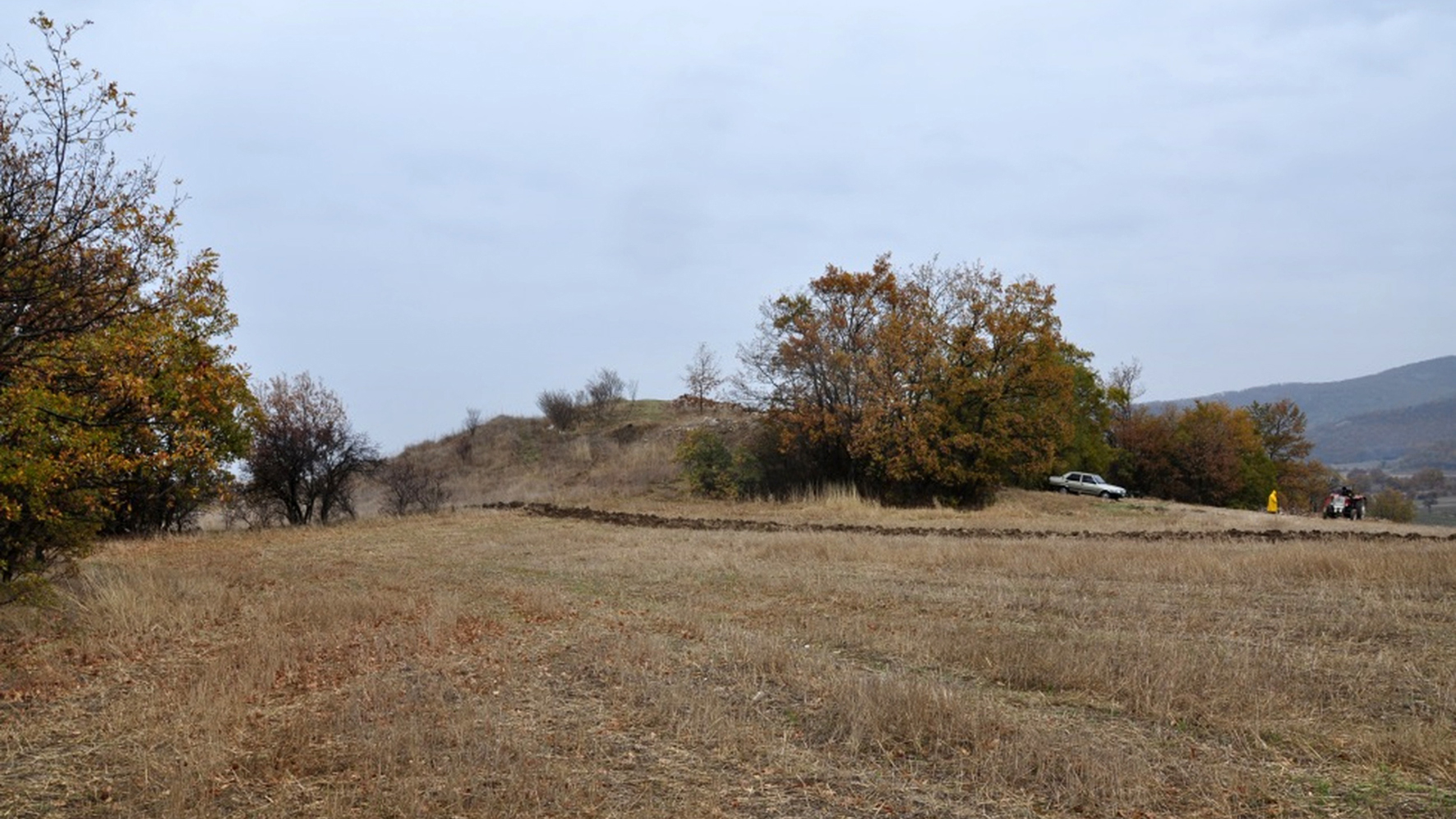Zombie Science: Could We Ever Resurrect the Dead?
There are few things in life more permanent and guaranteed than death. Yet, that doesn't stop us from imagining what life would be like if death was only temporary.
In AMC's "Fear the Walking Dead," returning Sunday, June 2, at 9 p.m. EDT/8 p.m. CDT, reanimated human corpses roam the world, having avoided the permanent stillness of death only to devour the living. Now, we know zombies aren't real, but reanimated corpses aren't exactly a figment of the imagination. Scientists have been attempting to restore life to the dead for hundreds of years.
In the 1800s, physicist Giovanni Aldini became famous for his spectacular demonstrations of "reanimating" human and animal corpses by stimulating them with powerful electrical shocks. He would hook a battery up to dismembered humans or animals and cause the corpse to convulse as though it were alive. Audience members were awestruck, despite the fact the creature never actually came back to life. Aldini knew he wasn't reviving the dead, but didn't shy away from the possibility, and neither did the scientists who followed him. [9 Reasons Why We Have an Undying Interest in the Undead]
Zombie animals
By the 1930s, attempts to resurrect the dead with electricity had fizzled but the fascination with reanimation was far from dead. One of the most famous scientists in the field of reanimation is Robert E. Cornish, an American biologist who studied at the University of California Berkeley. Cornish reportedly managed to revive two dogs by rocking them back and forth to move blood around while injecting the animals with a mixture of anticoagulants and steroids. When Cornish announced he was ready to perform his experiment on humans, a California death-row inmate, Thomas McMonigle, volunteered his body post-execution, but the State of California denied his request.
Recently, a team of researchers from Yale University have been experimenting with reanimating pig brains and published their findings in April in the journal Nature. The scientists restored brain activity and some cellular activity in pigs a few hours after the animals died in a slaughterhouse, Live Science reported. Although some brain cells began functioning again, it wasn't enough for the pigs to regain consciousness. Scientists not involved in the study told Live Science that the results throw into question what it means to be alive or brain-dead.
Zombie humans
Zombies are most certainly fake, but a few remarkable case studies suggest that some semblance of spontaneous resurrection is possible.
In 2011, 46-year-old woman Kelly Dwyer fell into a frozen pond while hiking alone in New Hampshire. Dwyer's heart stopped before the ambulance could reach her and her body temperature plummeted to near 60 degrees Fahrenheit (15 degrees Celsius), Popular Science reported. Dwyer had been dead for 5 hours when doctors switched off life support, and her heart spontaneously started again. After spending two weeks recovering in the hospital, Dwyer returned home alive and with no brain damage. She wasn't a zombie, but in a sense, she had come back from the dead.
Get the world’s most fascinating discoveries delivered straight to your inbox.
Enough people have spontaneously come back to life several minutes after cardiac arrest that the instance has its own name: The Lazarus phenomenon. Not all of the people who experience the Lazarus phenomenon regain full neurological function or remain living for much longer, but a 2007 review estimated that about 35% of Lazarus phenomenon patients return to a normal, healthy life.
Even after hundreds of years of failed experiments, some scientists are still trying to manually reanimate human corpses. For the past three years, Bioquark, Inc., a U.S. biotechnology company, has been attempting to recruit 20 clinically dead patients for an experiment on reversing brain death. The study isn't scheduled to begin until July 2019, but has already received heavy criticism from the scientific community. A letter published in the journal Critical Care said "the trial borders on quackery," and "dead means dead."
Zombie fans might disagree.
Watch AMC's "Fear the Walking Dead" on Sundays starting June 2 at 9 p.m. EDT/8 p.m CDT.
- Exploring the Inevitable: Gallery of Death in Art
- Zombie Animals: 5 Real-Life Cases of Body-Snatching
- Top 10 Weird Ways We Deal With the Dead
Originally published on Live Science.

Kimberly has a bachelor's degree in marine biology from Texas A&M University, a master's degree in biology from Southeastern Louisiana University and a graduate certificate in science communication from the University of California, Santa Cruz. She is a former reference editor for Live Science and Space.com. Her work has appeared in Inside Science, News from Science, the San Jose Mercury and others. Her favorite stories include those about animals and obscurities. A Texas native, Kim now lives in a California redwood forest.
 Live Science Plus
Live Science Plus







